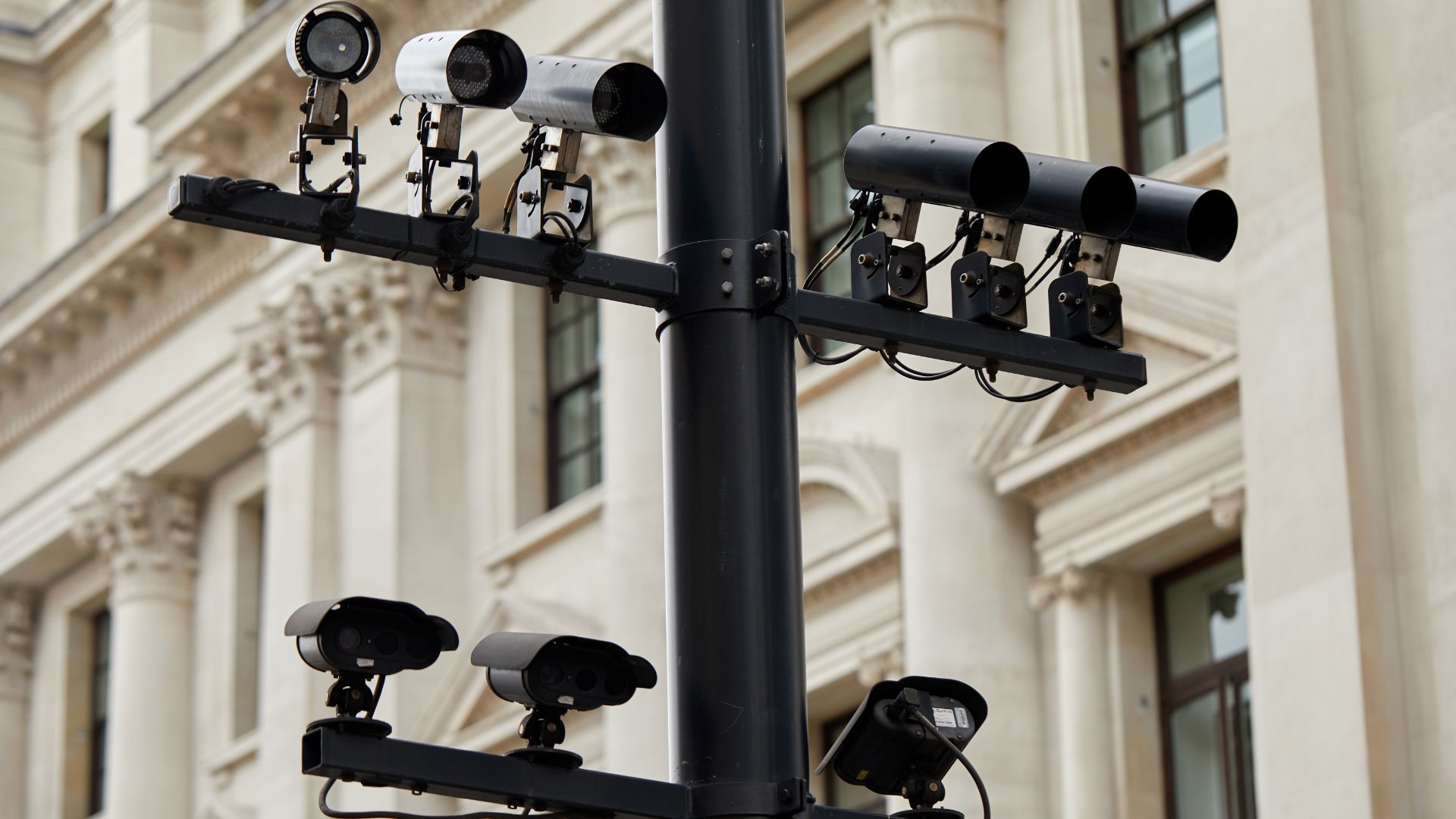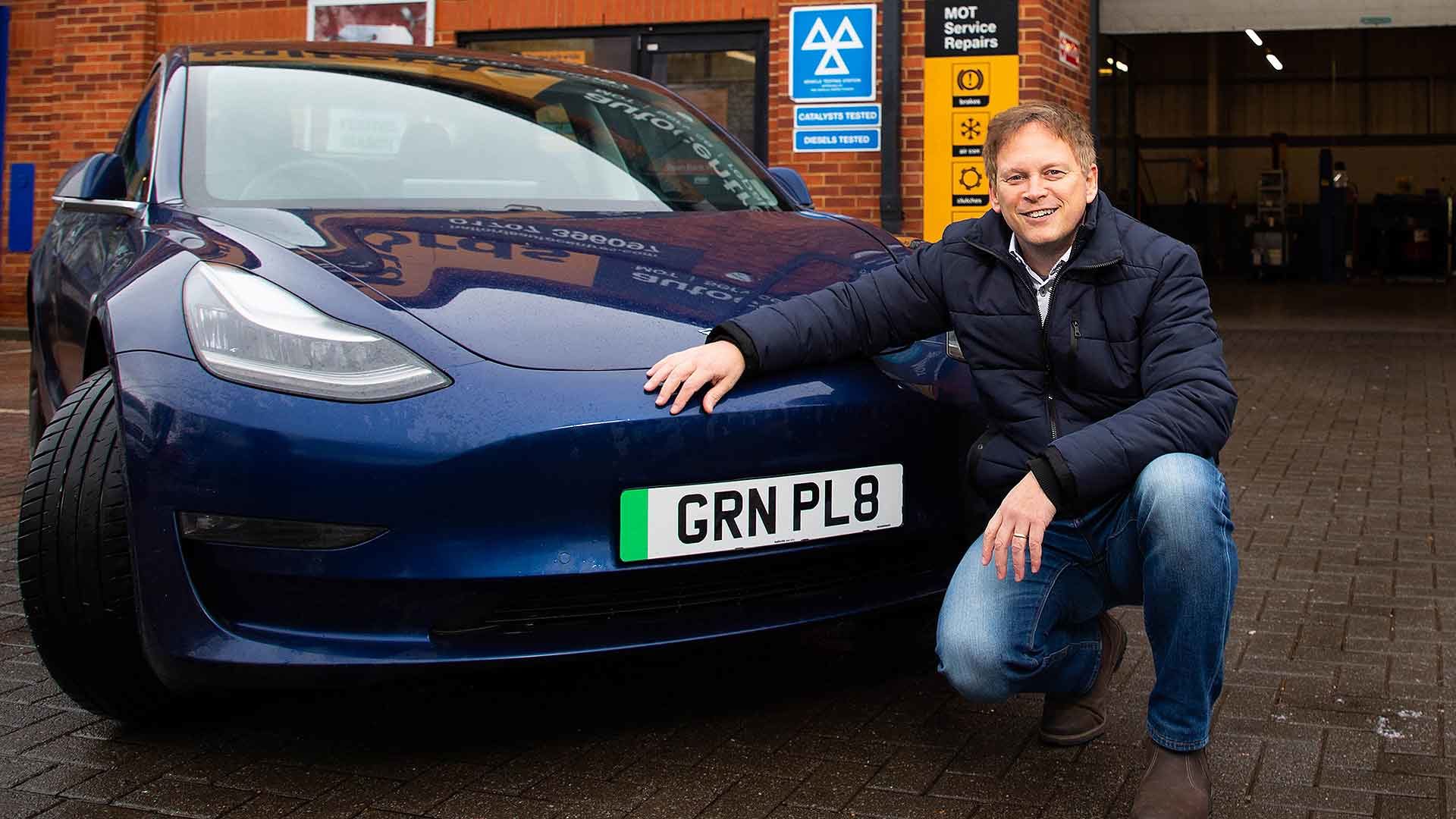
The trade in cloned number plates has been described as a “Wild West” by a government advisor. This comes following a surge in the number of motorists wrongly accused of traffic offences.
It is illegal for a company to issue new number plates without seeing proof of the car ownership through registration documents. Number plates are identity documents and there are strict government regulations for suppliers to adhere to. These are outlined by the British Number Plate Manufacturer Association (BNMA).
Suppliers need to register with the DVLA to get a Register of Number Plate Suppliers (RNPS) ID. The company must also keep a record of each plate supplied, which must comply with British Standard requirements. A register of number plate suppliers can be found on the GOV.UK website.
Many companies are side-stepping the regulations by basing themselves overseas so they can be exempt from UK laws. This is according to an investigation by the Telegraph [subscription required].
A reporter was able to buy six sets of number plates without any attempt by the suppliers to check ownership of the vehicle. The plates could be placed on a car of the same make, model and colour to commit an offence, which would be linked to the innocent driver of the car that had its plates cloned.
A growing problem

Cloned number plates is a growing problem. The number of complaints received by the DVLA increased from 656 in April 2019 to 1,105 in March 2020. This is according to a Freedom of Information request by the Telegraph.
Tony Porter, a government advisor and former assistant police chief constable, described the trade in cloned number plates as a “Wild West”. He has asked the government for a registration scheme for number plates, which would see them marked with a reference number or hieroglyph. This would make them easier to trace.
“The consequences of cloning range from a rather annoying penalty ticket landing on your doorstep for jumping a red light to more extreme cases, where your vehicle has been incorrectly identified as being involved with organised criminals and triggers a firearms stop on a motorway,” said Mr Porter.
A DVLA spokesman added: “Any motorist who believes they have been a victim of number plate cloning should contact the police. They should also contact the issuing authority of any fines or penalties they receive with appropriate evidence that shows their vehicle was not in the area at the time.
“DVLA Enforcement Officers assist the Police and Trading Standards in their enforcement against number plate suppliers, including those who trade illegally using the internet.”
It’s not difficult to find a company willing to bypass the regulations. Google ‘number plates’, and you’ll be greeted with adverts for two offshore companies, both of which are willing to supply plates without seeing any form of identification. Many people will be unaware that they must purchase number plates from a registered supplier, while others could be looking for period-specific plates for their retro or classic car. In some cases, the plates could be purchased for cloning purposes.
One company is even listing green number plates, just a month after they were introduced in the UK.
READ MORE:
Brexit means the end of EU number plates
How to assign a private number plate online
New Discovery rear end ‘transformed’ by a £1,200 number plate kit